Listen on your favorite app
OVERSHOOT | Shrink Toward Abundance
OVERSHOOT tackles today’s interlocked social and ecological crises driven by humanity’s excessive population and consumption. The podcast explores needed narrative, behavioral, and system shifts for recreating human life in balance with all life on Earth. With expert guests from wide-ranging disciplines, we examine the forces underlying overshoot: from patriarchal pronatalism that is fueling overpopulation, to growth-biased economic systems that lead to consumerism and social injustice, to the dominant worldview of human supremacy that subjugates animals and nature. Our vision of shrinking toward abundance inspires us to seek pathways of transformation that go beyond technological fixes toward a new humanity that honors our interconnectedness with all beings. Hosted by Nandita Bajaj and Alan Ware. Ranking in the top 1.5% of all podcasts globally, we draw listeners from across 150 countries.
Read our Listener Feedback. | Support this podcast. | Subscribe to our newsletter.
New to our podcast?
There are over 80 episodes of OVERSHOOT. If you are new to the podcast and looking for a good place to start, we recommend you listen to these episodes first.
Latest Episodes
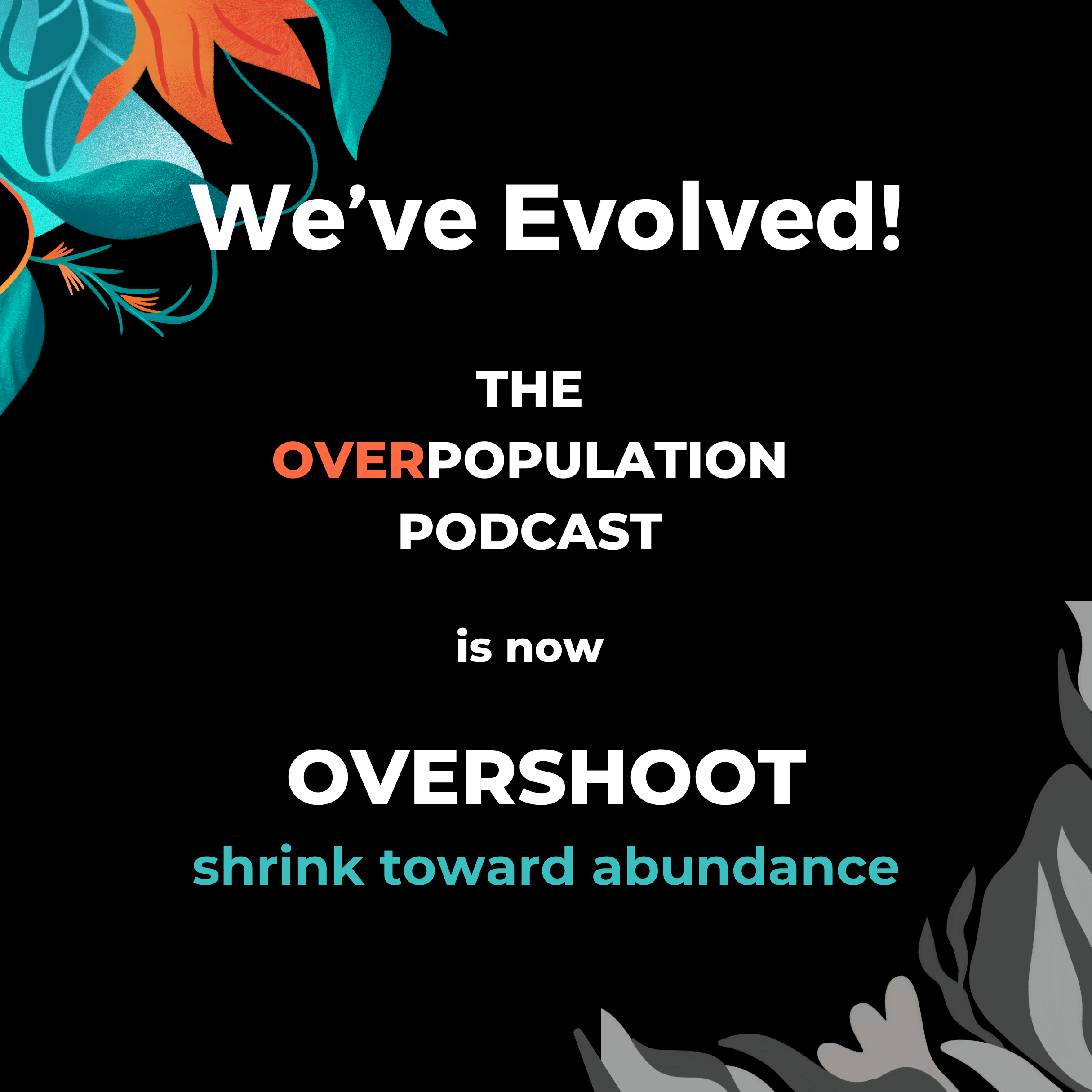
Podcast name change | We are now OVERSHOOT
Our podcast has a new name: OVERSHOOT. Overshoot has increasingly been the underlying target of our podcast, and it’s driven by more than excessive human numbers. Although overpopulation will remain a central theme, it is time that the podcast name reflects the full scope of our concerns.

Progressive Pathways for a Smaller Population
Population dynamics are deeply connected to environmental sustainability and social justice. That's the message of Pam Wasserman and Hannah Evans from Population Connection - the oldest grassroots population organization in the U.S.
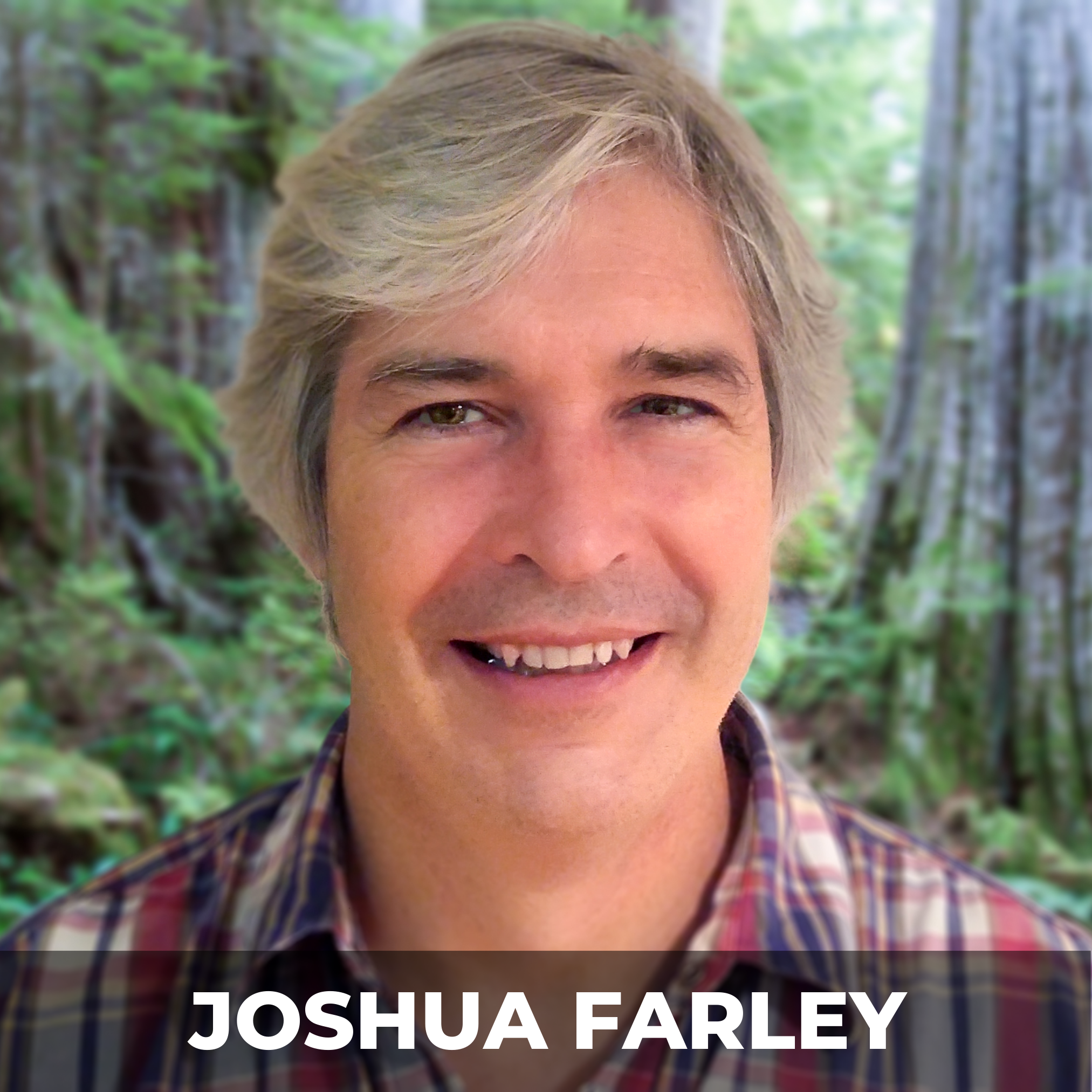
The Lies Economists Tell
Ecological economist Dr. Joshua Farley discusses the urgent need to realign our economic systems with ecological and social justice imperatives by reclaiming our humanity from the destructive grip of mainstream economics.
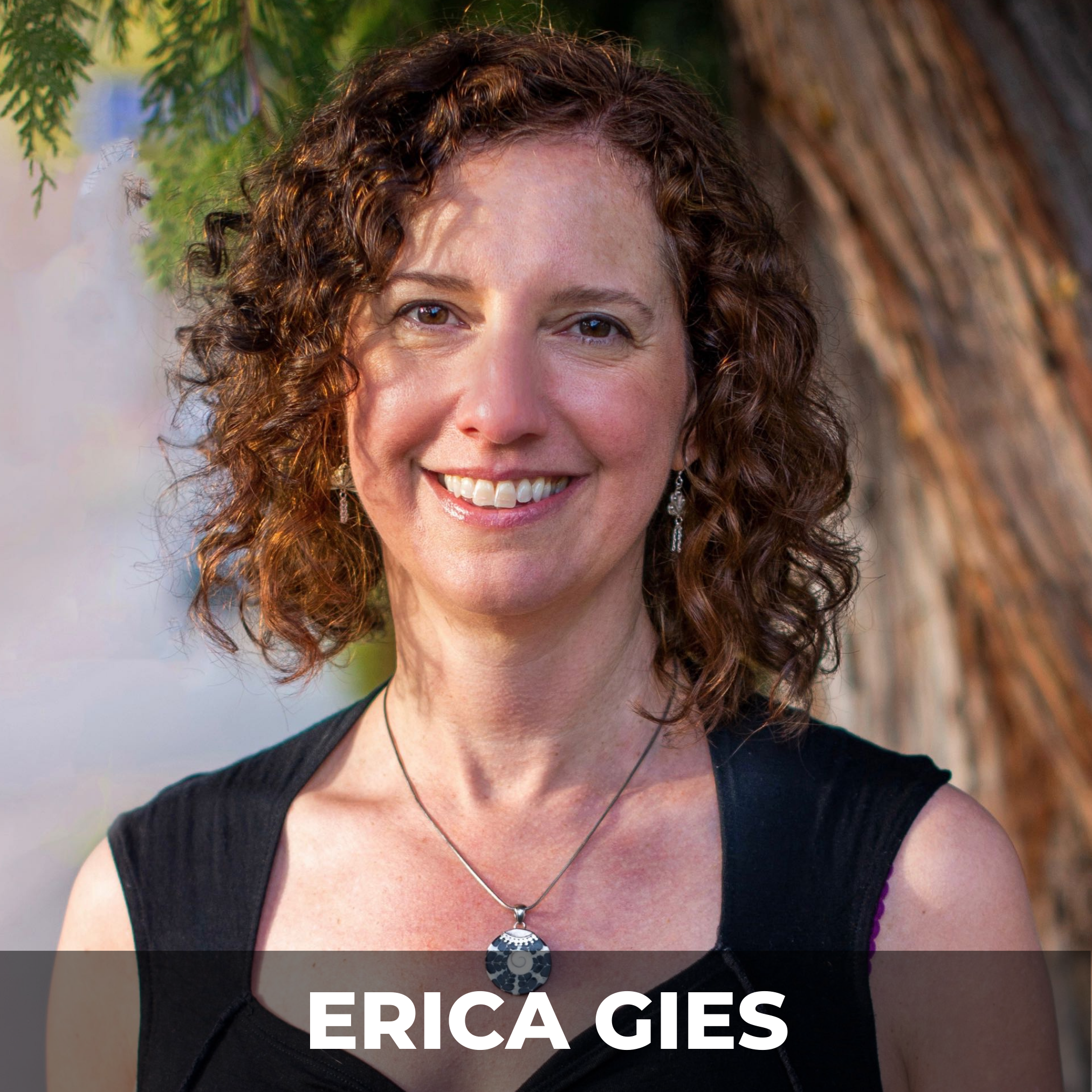
Water Always Wins
Erica Gies, award-winning journalist and author of Water Always Wins: Thriving in an Age of Drought and Deluge, chats with us about the complex relationships between water, nature, and human societies, emphasizing the need to embrace 'slow water'—respecting the natural rhythms of water’s cycles for the benefit of both human and nonhuman life.
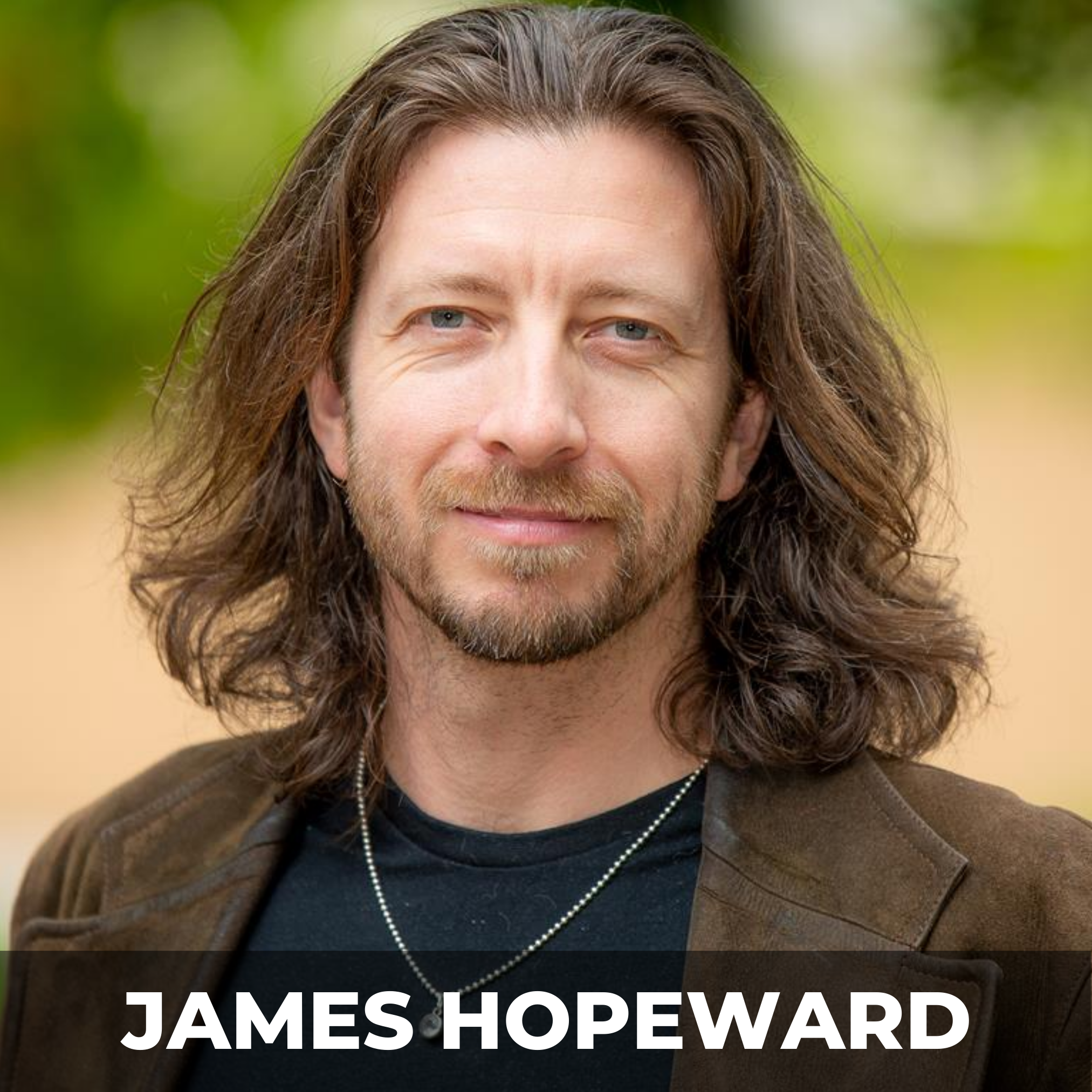
The Delusion of Decoupling
Dr. James Hopeward, an environmental civil engineering professor at the University of South Australia, highlights the limitations of conventional economic growth models and their environmental impacts, emphasizing the need for more holistic and ecologically grounded engineering practices (and cultural beliefs).
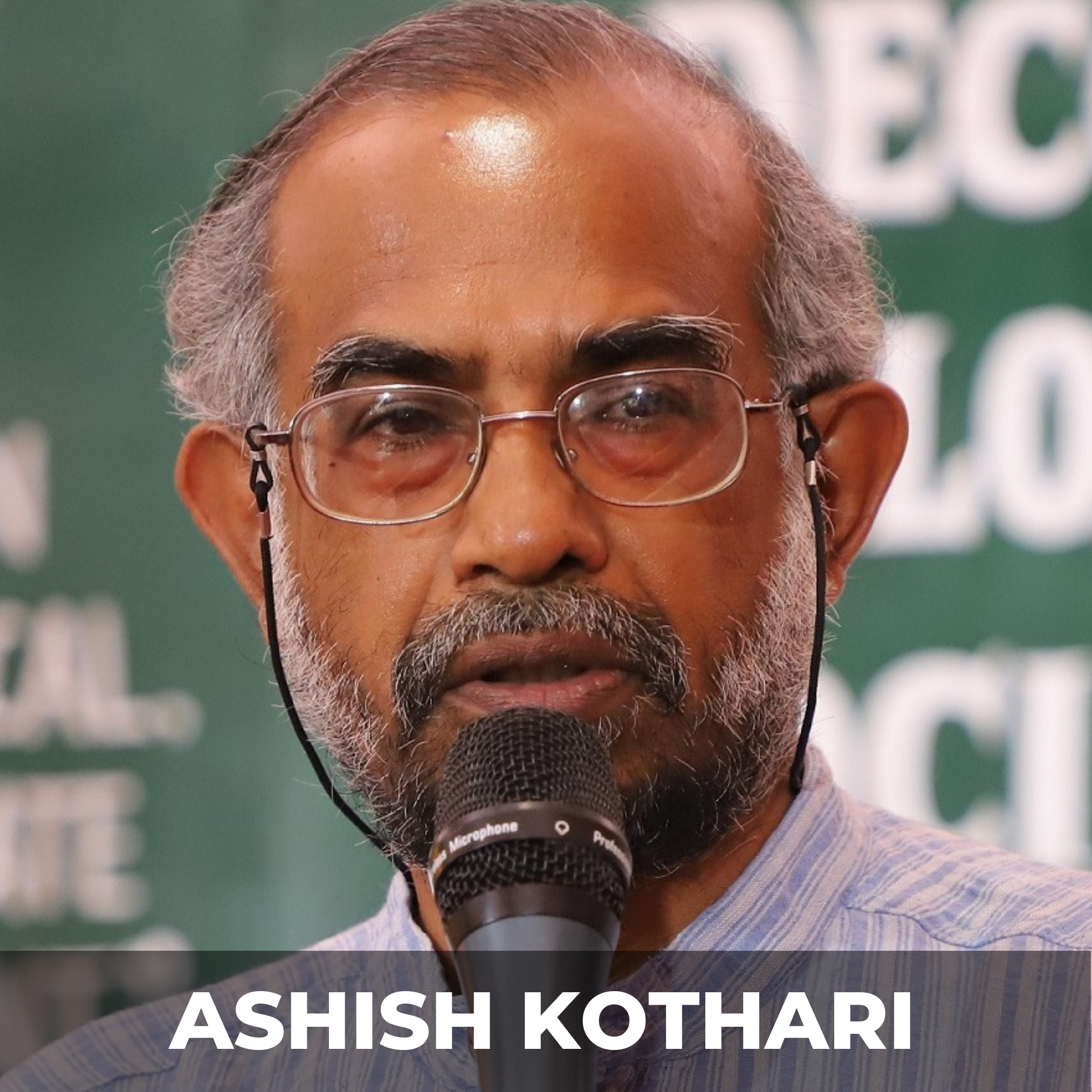
The Myth of “Development”
In this episode, we explore with environmentalist and author Ashish Kothari how entrenched “development” ideologies have led to both ecological and social destruction in India and globally, and how Ashish works to elevate and connect movements of radical community-led alternatives around the world that harmonize human activities with the planet's needs.
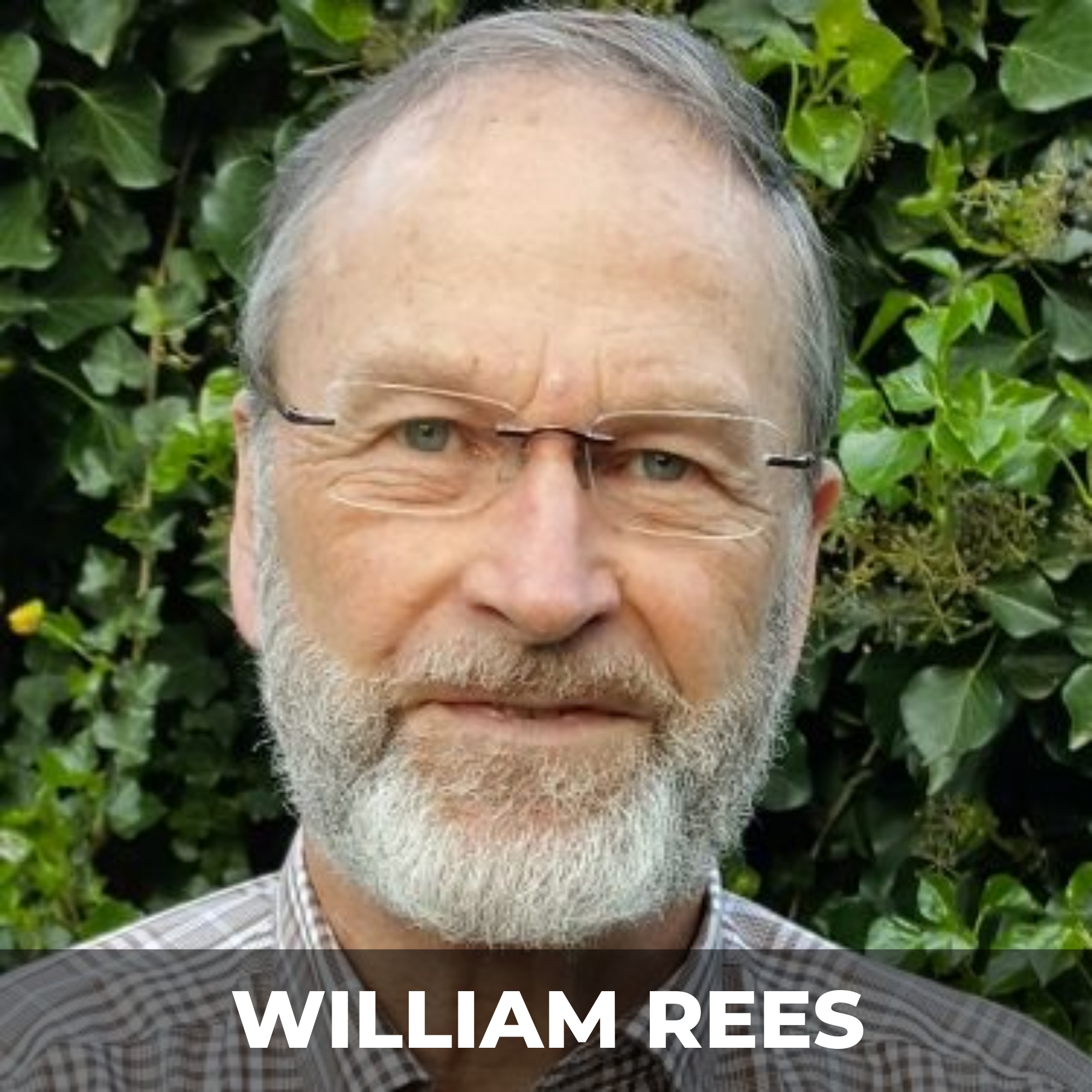
Confronting Ecological Overshoot
We chat with population ecologist, originator of “ecological footprint”, and one of the world’s best big-picture ecological thinkers, Dr. Bill Rees. Bill explains how our blind faith in human exceptionalism, technological optimism, and neoliberal economics fooled us into disregarding ecological limits and brought us into a state of extreme overshoot. How can we confront this reality, in which we are degrading the biophysical basis of existence, to prepare for a post-industrial world?
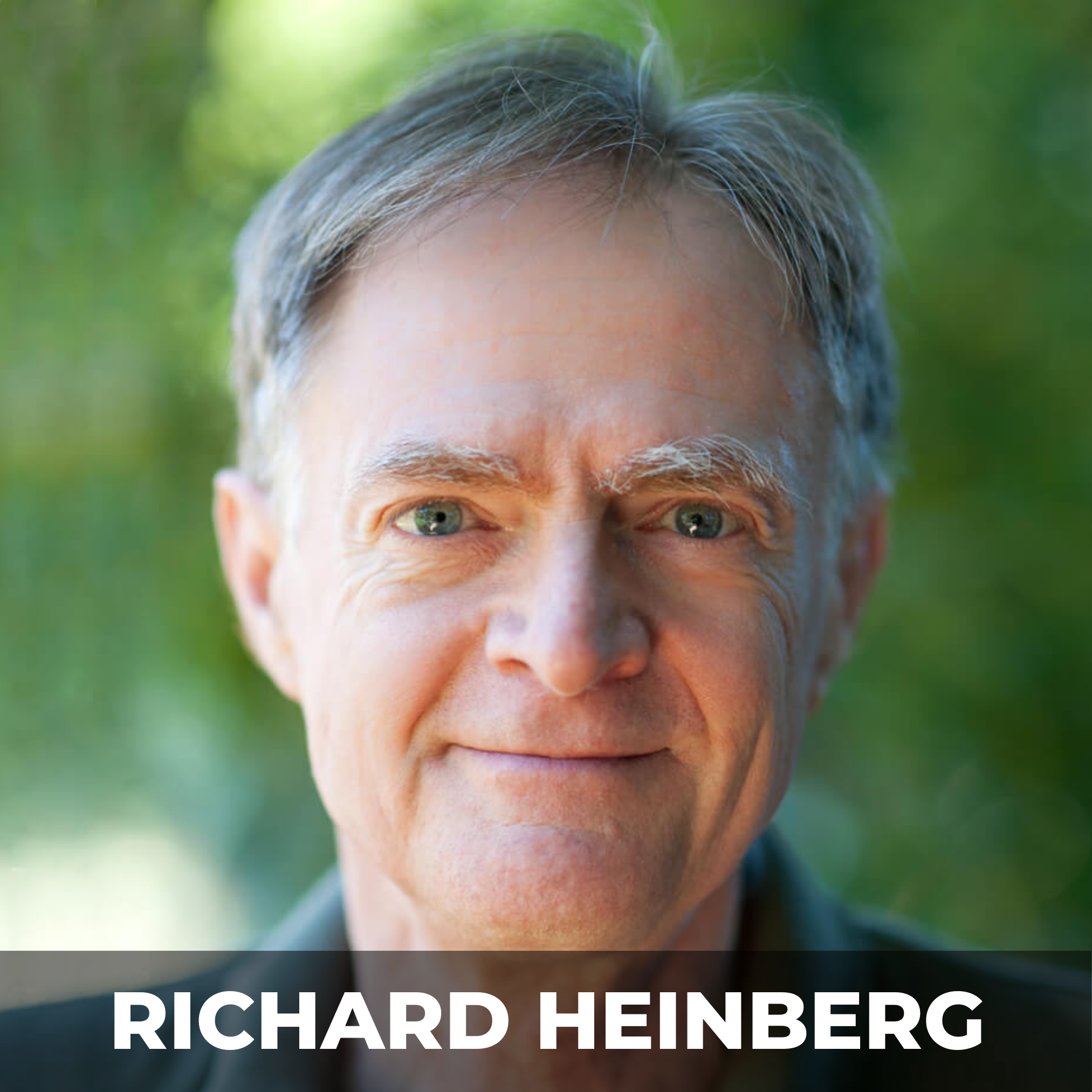
Powering Down: Beyond Growth, Toward Simplicity
Richard Heinberg, one of the world’s foremost experts on energy and sustainability explains why unfettered human expansionism, even with a “green” tint, is incompatible with natural limits and how we might deliberately rein in our power and move toward a culture of sufficiency, simplicity, and resilience.
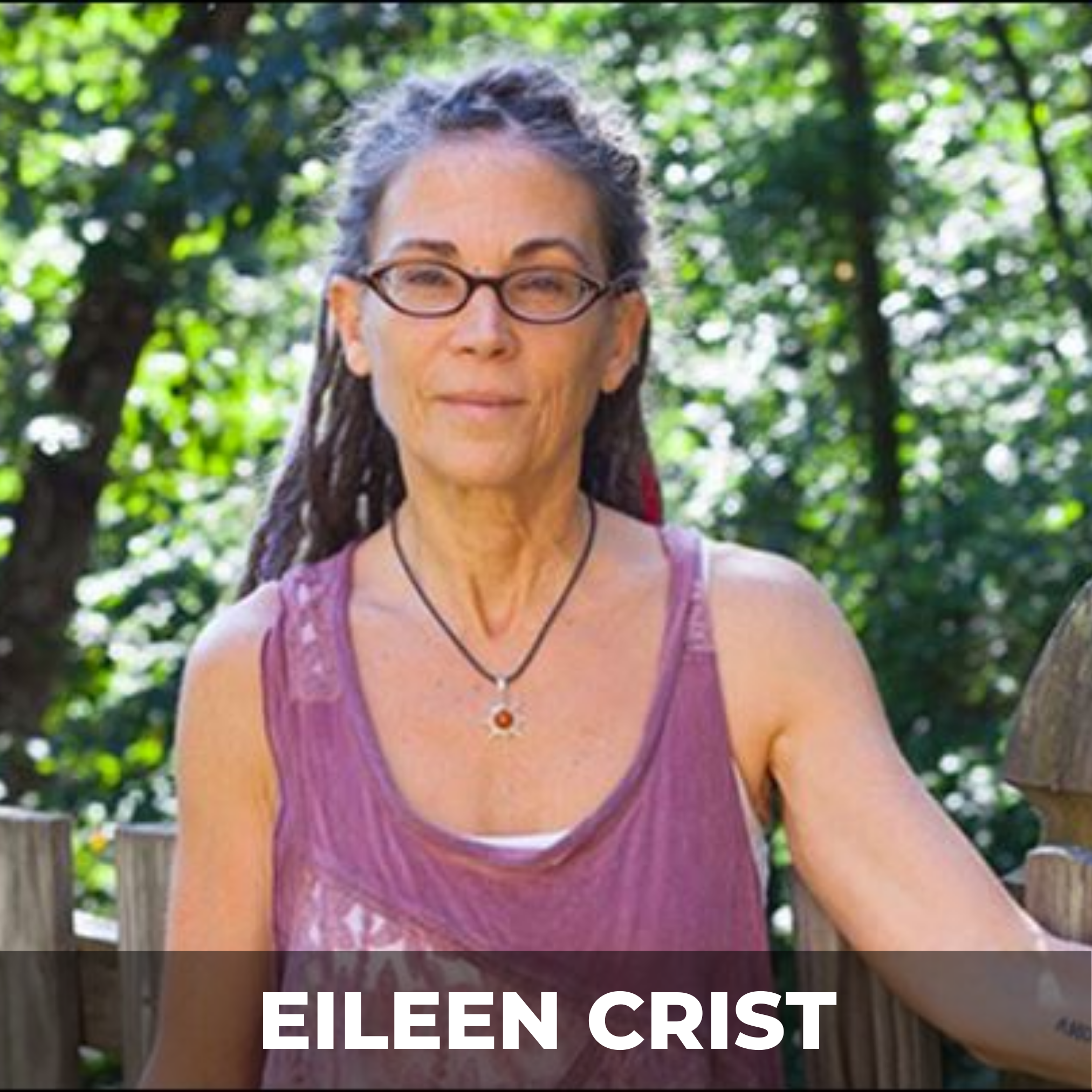
Toward an Ecological Civilization
Dr. Eileen Crist—a deep, profound, and compassionate systems thinker—shines a light on the worldview of human supremacy that foregrounds our relationship of dominion towards non-human animals and all of nature, and offers a vision for cultivating a more indigenous-inspired identity as Earthlings.
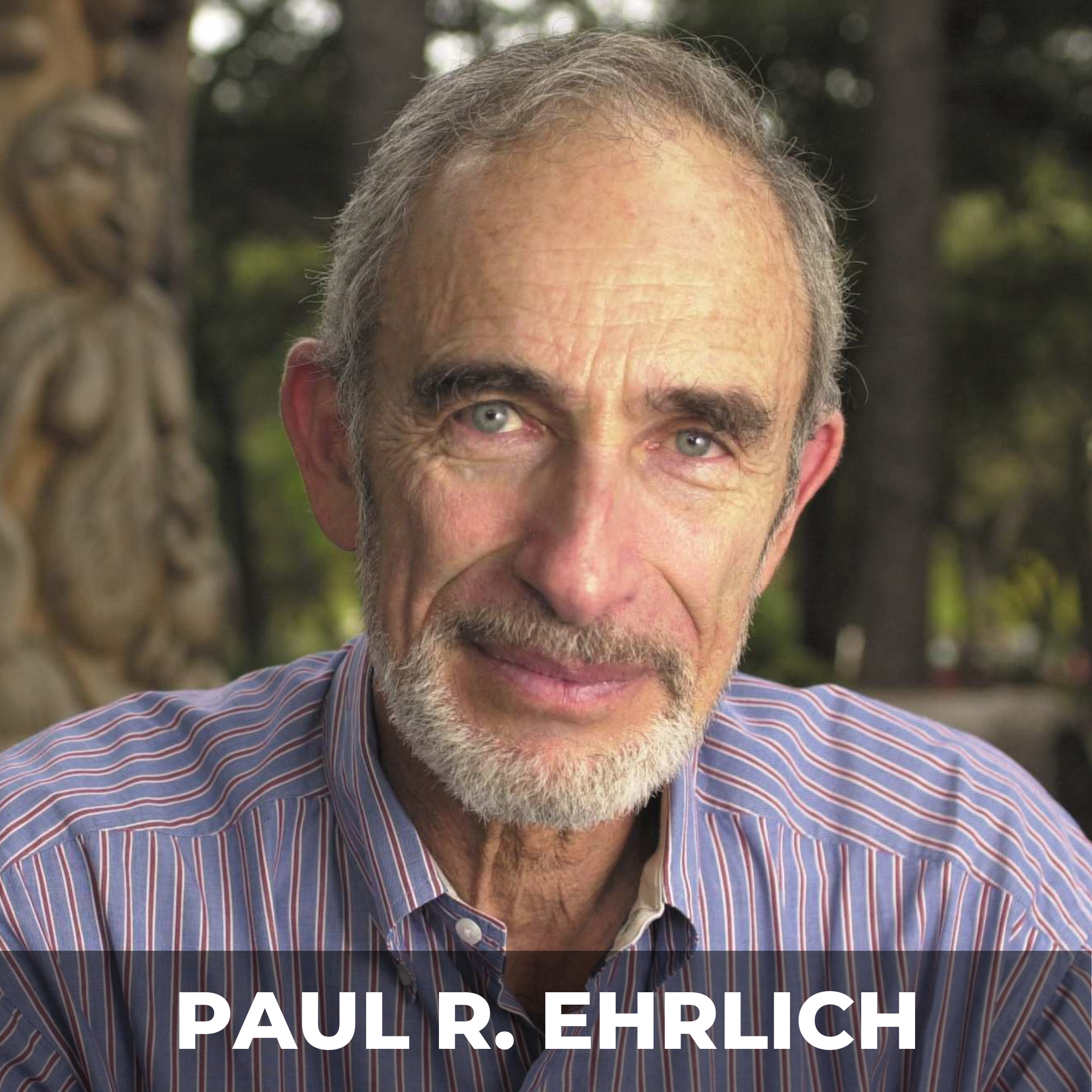
Driving Life Over the Edge
Co/author of over 40 books, including the best-selling book The Population Bomb, Dr. Paul Ehrlich gives us a 50,000-ft view of humanity’s evolution over 300,000 years and the misunderstood and manufactured “normal” that currently defines us.
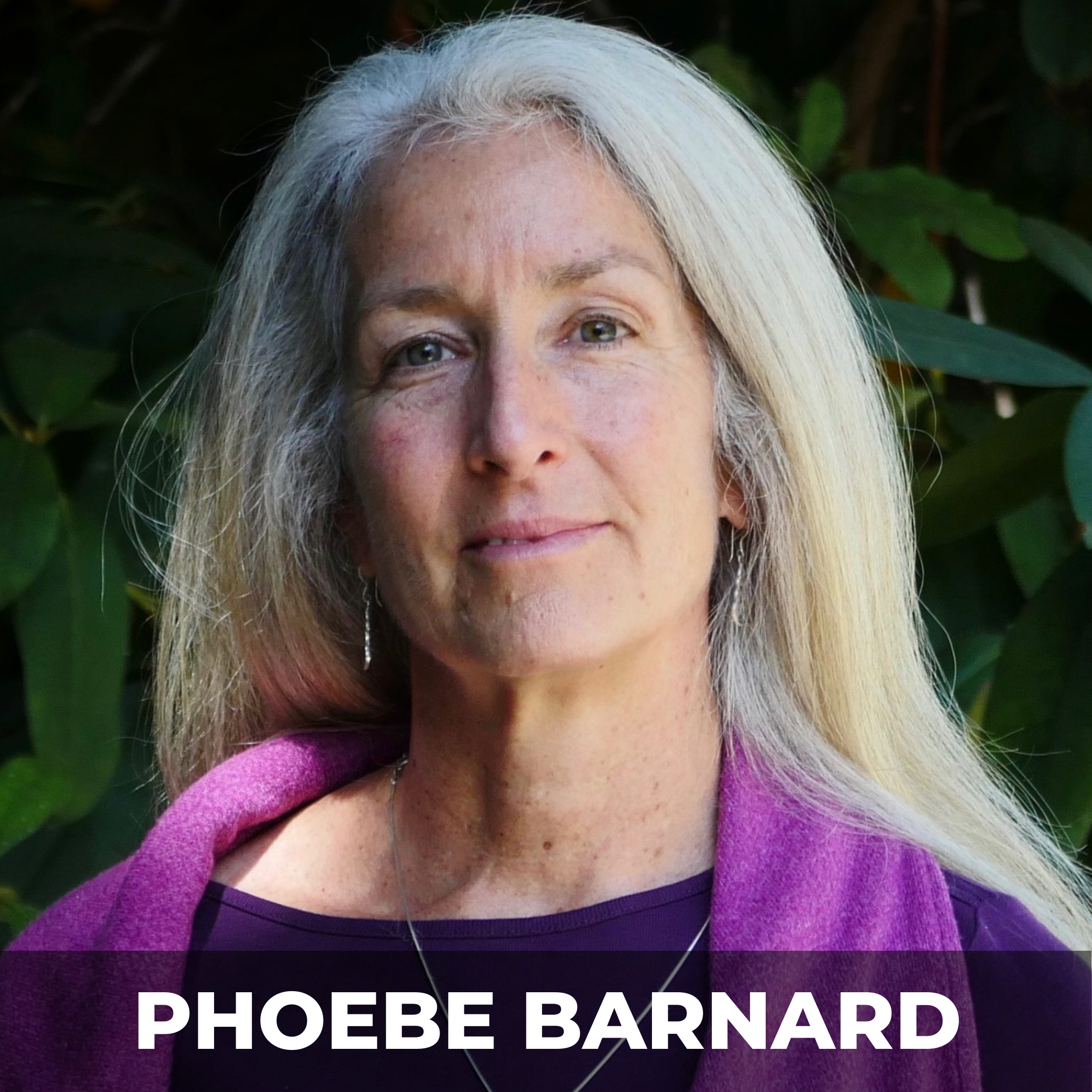
Rome is Burning. The Time is Now
On a mission to bend the curve on population and consumption, Dr. Phoebe Barnard discusses the need to move beyond dichotomous thinking and to rally together leaders from across faith, science, and activism to urgently protect our incredible spaceship Earth-with humility, love, and deep collaboration.

Endangered Species Condoms
Sarah Baillie and Kelley Dennings from The Center for Biological Diversity share their exciting initiatives and advocacy work on destigmatizing sex, contraception, and reproductive decisions. They also share their awareness campaigns relating to population and consumption pressures on biodiversity.

Overdrafting Earth’s Ecosystems
“We are using up the biophysical basis of our own existence; the only way out of overshoot is less production and less consumption, so it means a much smaller economy and far fewer people.” That’s the bottom line of this Earth Overshoot Day conversation with William Rees, the father of ecological footprint analysis.

Untucking Overpopulation
It’s an insane world where speaking the scientific truth is an act of courage. Actress Alexandra Paul has been courageously educating people about human overpopulation for over thirty years. We discuss her TEDx Talk, her most notable effort in addition to her animal advocacy and her childfree lifestyle.
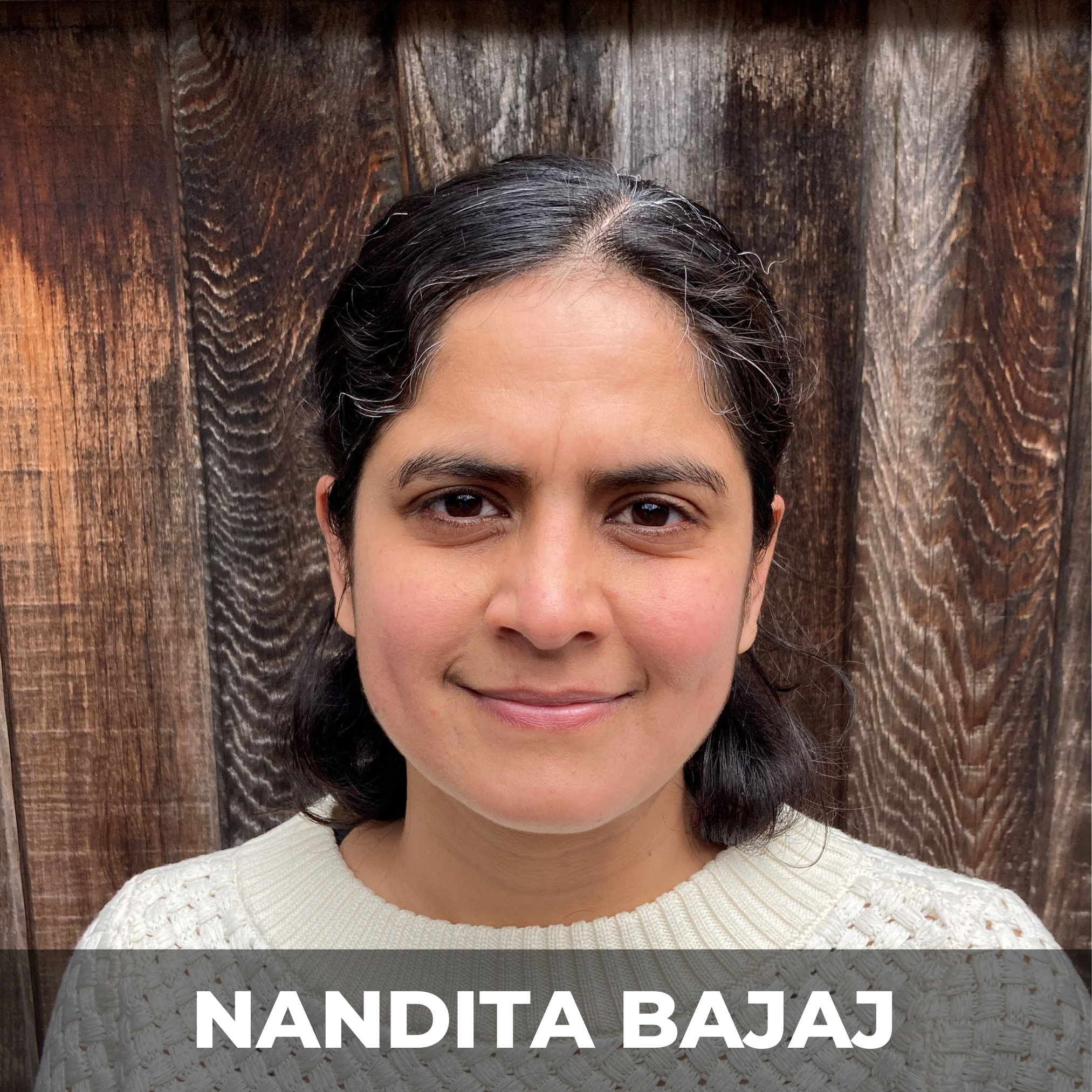
Meet our New Executive Director
New Executive Director and podcast co-host Nandita Bajaj shares her brief history and the evolving path that led her to becoming a sustainable population advocate. She discusses why our growing human enterprise is the most pressing planetary justice issues of our time.

Are There Too Many of Us?
A recent report on Deutsche Welle’s Eco India environmental news magazine recently asked, “Are There Too Many of Us on Our Planet?” Bajaj helps put to rest the false dichotomy between overpopulation and overconsumption and argues that we must address both.






